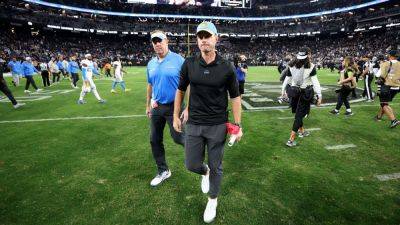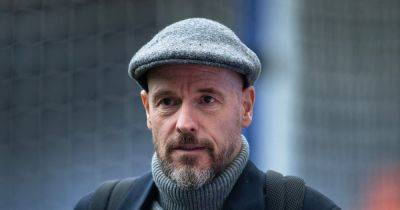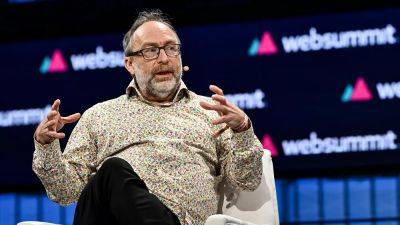Euroviews. Q&A: Our addiction to plastic has to end, No More Plastic founder and president says
From the most remote depths of the ocean to the deepest section of the lung, microplastics appear to have invaded every bit of our lives, including our bodies.
More than 8.3 billion tonnes of plastic has been produced by humans since the 1950s, 79% of which has ended up in landfill and the natural environment. Since then, microplastics have been found in soil, air, and plant and animal life in all corners of our planet.
As for humans, in recent years, research has shown that these microscopic particles can be found in our organs, our bloodstream, and the placentas of pregnant women.
An April 2022 study by the Medical University of Vienna has revealed that on average, five grams of plastic particles enter the human gastrointestinal tract per person, per week — or the rough equivalent of one plastic credit card.
“The particles can trigger local inflammation and immune response, and nanoplastics in particular have been found to trigger chemical pathways involved in the formation of cancer,” the study stated.
Another study, published by scientists at the University of Rhode Island in August, suggests that these small particles could even induce behavioural changes, affecting the way we think, act, and perceive the world around us.
At this year's Lisbon Web Summit, Euroviewsspoke to No More Plastic founder and president Rosalie Mann about the reasons why we are oblivious to the dangers plastic poses to our health and our environment, as well as the ways in which we could change our approach to reduce the hazard we face almost unknowingly.
Euronews View: Let’s start with humanity’s infatuation with plastic. Where does it come from and how troubling is it?
Rosalie Mann: Our society is completely addicted to this material. It’s








